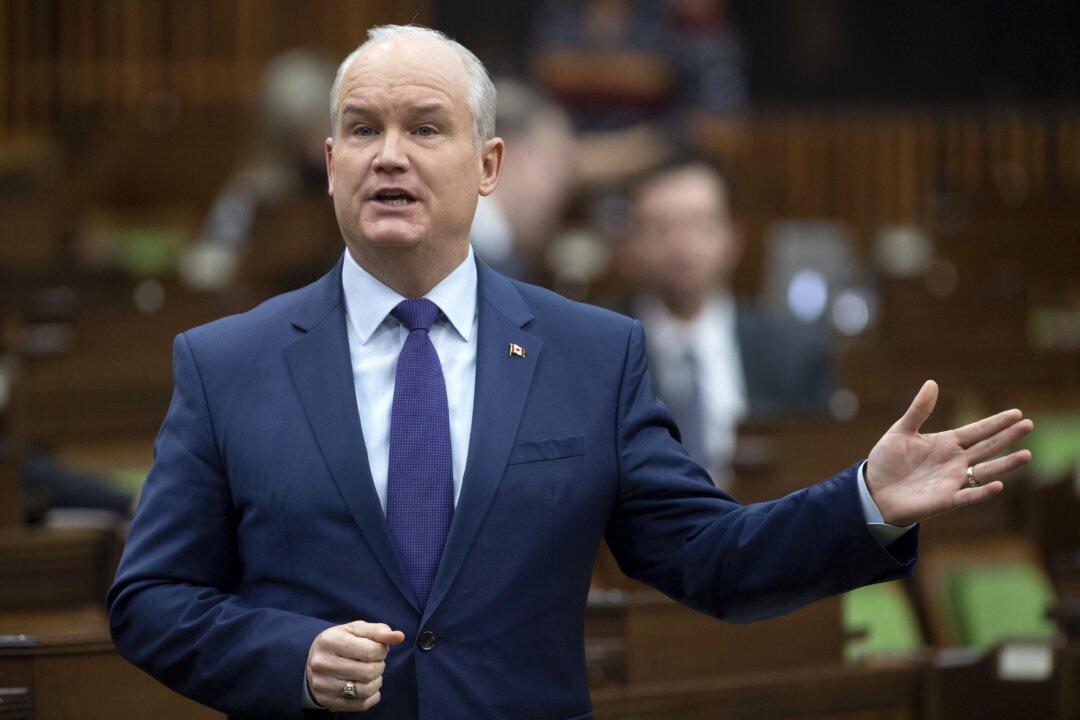Former Conservative leader Erin O'Toole told the House of Commons on May 30 that the Canadian Security Intelligence Service (CSIS) informed him that he and his party were targeted by Beijing in a voter suppression and misinformation campaign during the 2021 federal election.
“The briefing from CSIS confirmed to me what I suspected for quite some time: that my parliamentary caucus and myself were the targets of a sophisticated misinformation and voter suppression campaign orchestrated by the People’s Republic of China before, and during, the 2021 general election,” he said while rising in the House on a question of privilege on May 30.





